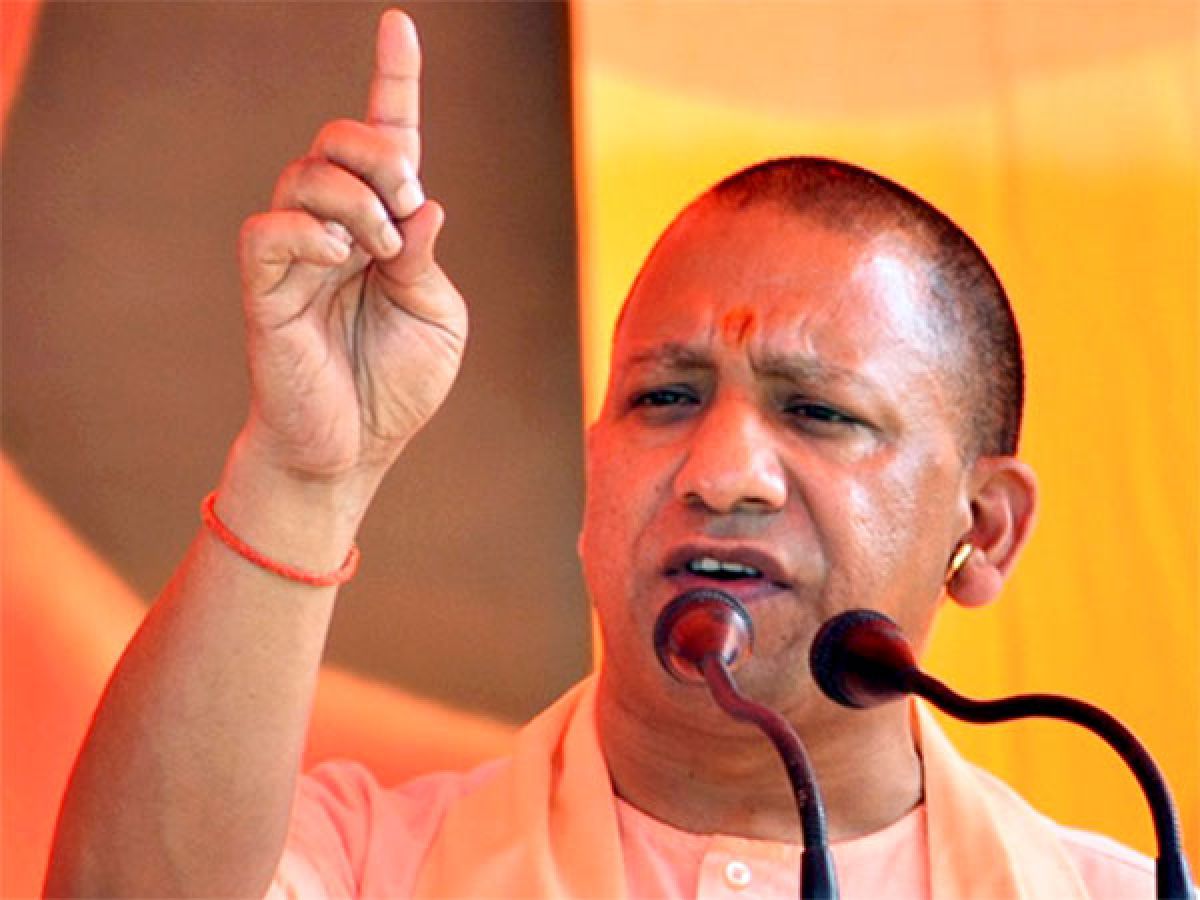Early Life and Background
Yogi Adityanath, originally named Ajay Singh Bisht, was born on June 5, 1972, in Panchur, a small village in the Pauri Garhwal district of Uttarakhand, India. He was the second among four brothers and three sisters. Growing up in a modest family, Adityanath’s father, Anand Singh Bisht, was a forest ranger, while his mother, Savitri Devi, was a homemaker. The rural setting of his upbringing played a significant role in shaping his early perspectives and values.
Education and Spiritual Journey
Adityanath completed his early education in local schools before attending the Hemwati Nandan Bahuguna Garhwal University, where he earned a Bachelor’s degree in Mathematics. However, his life took a spiritual turn when, at the age of 21, he met Mahant Avaidyanath, the head priest of the Gorakhnath Math, a Hindu temple in Gorakhpur. Inspired by Avaidyanath’s teachings, Ajay Singh Bisht embraced monastic life, adopting the name ‘Yogi Adityanath’ and eventually becoming his spiritual successor.
Entry into Politics
Yogi Adityanath entered the political arena in 1998, at the age of 26, when he was elected as the Member of Parliament (MP) from the Gorakhpur constituency. Representing the Bharatiya Janata Party (BJP), he became the youngest member of the 12th Lok Sabha. Adityanath continued to represent Gorakhpur in the Lok Sabha for five consecutive terms, gaining a reputation for his strong views and fiery speeches.
Chief Minister of Uttar Pradesh
In March 2017, following the BJP’s decisive victory in the Uttar Pradesh Legislative Assembly elections, Yogi Adityanath was appointed as the Chief Minister of the state. His appointment marked a significant moment, as he was known for his commitment to Hindutva ideology and his extensive work in the Gorakhpur region.
As Chief Minister, Adityanath focused on a range of issues, including improving law and order, fostering economic development, and implementing welfare schemes. His administration emphasized infrastructure development, particularly in areas such as roads, electricity, and digital connectivity. He also launched initiatives to support agriculture, promote tourism, and encourage investment in the state.
Controversies and Criticism
Yogi Adityanath’s tenure has not been without controversy. His outspoken nature and hardline stance on various issues have drawn both support and criticism. His government faced challenges related to communal tensions, and his policies on cow protection and anti-conversion laws have been contentious topics in public discourse.
Legacy and Influence
Yogi Adityanath’s influence extends beyond politics into the social and cultural spheres of Uttar Pradesh. As a prominent figure in the Hindu nationalist movement, he has played a key role in shaping the political landscape of the region. His leadership style, marked by decisiveness and a clear vision for development, continues to resonate with a significant portion of the population.
In essence, Yogi Adityanath’s remarkable journey from his humble beginnings in a small village in Uttarakhand to his current role as the Chief Minister of Uttar Pradesh exemplifies his unwavering commitment and significant impact as both a political and spiritual leader. His leadership tenure is actively molding the future of Uttar Pradesh, which stands as one of India’s most populous as well as politically crucial states.



Leave a Reply